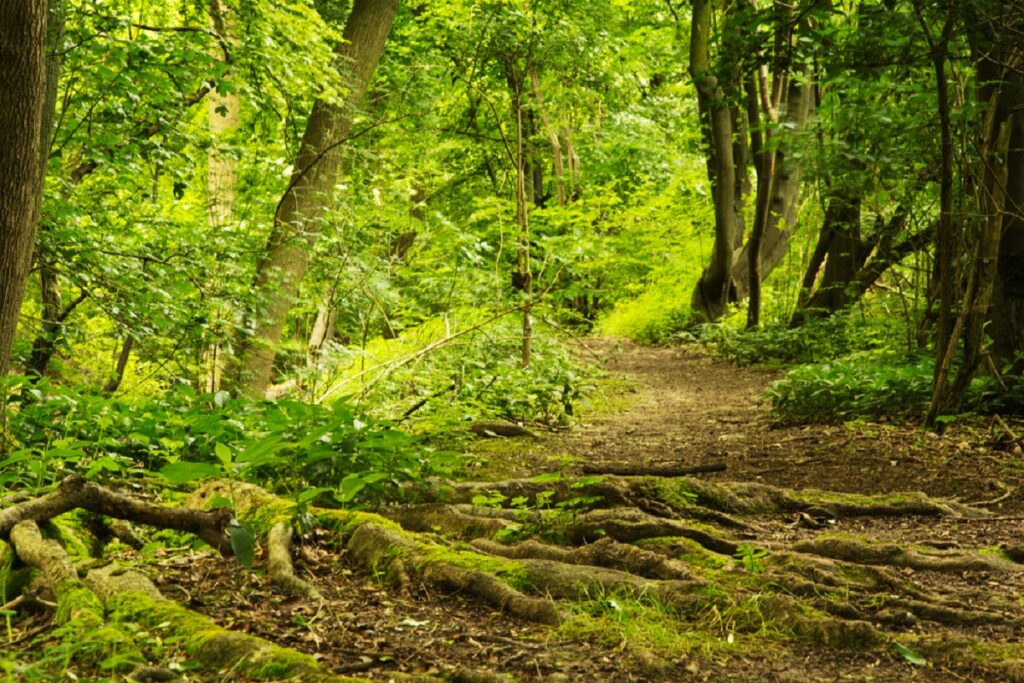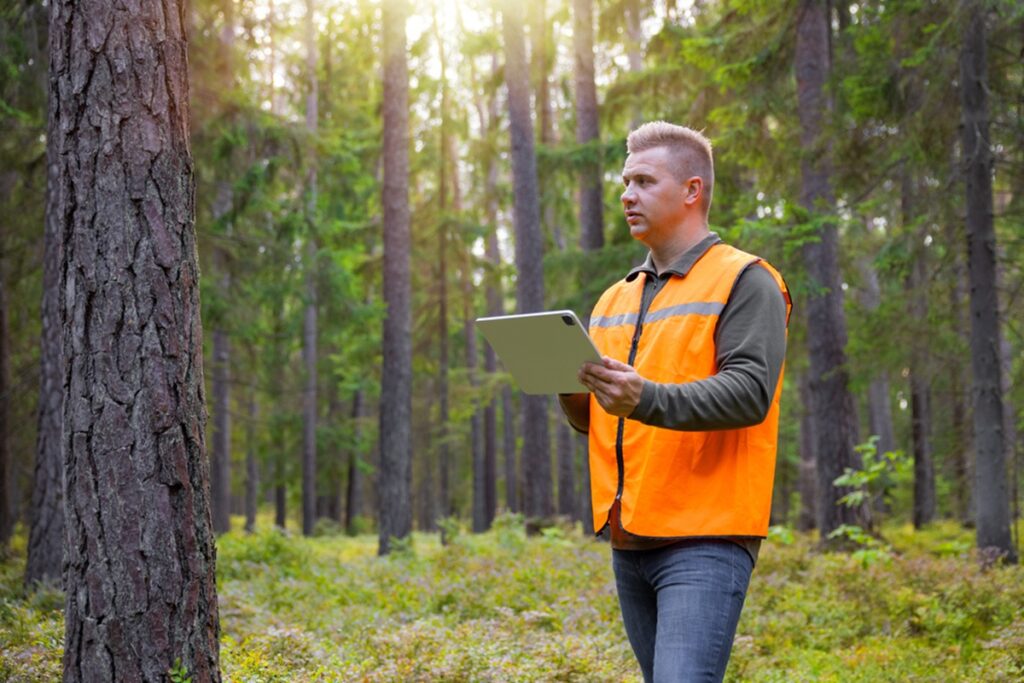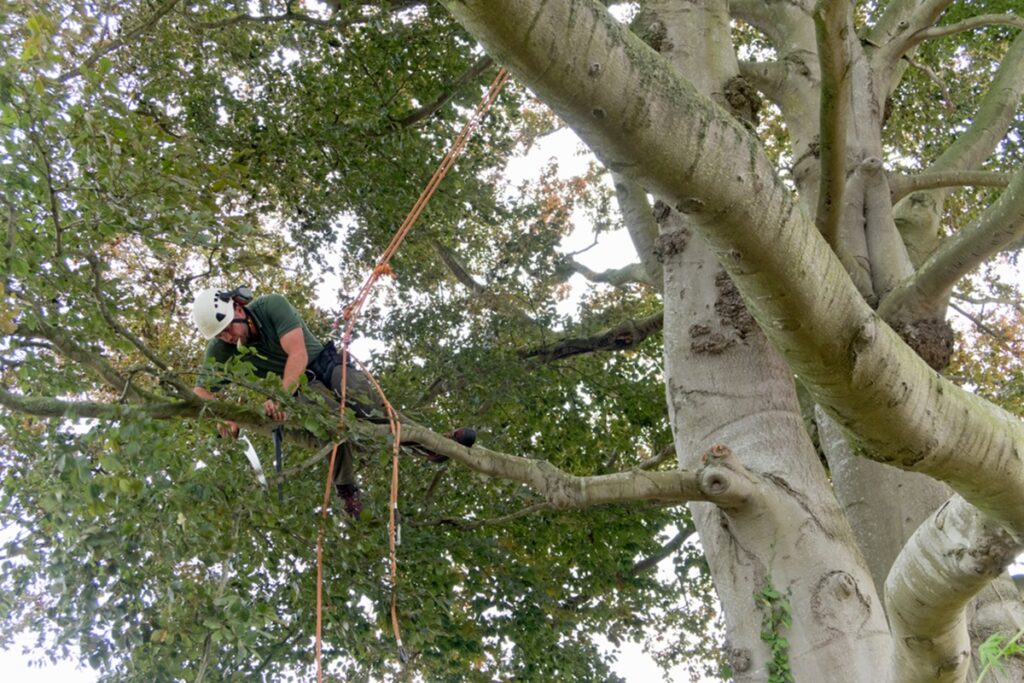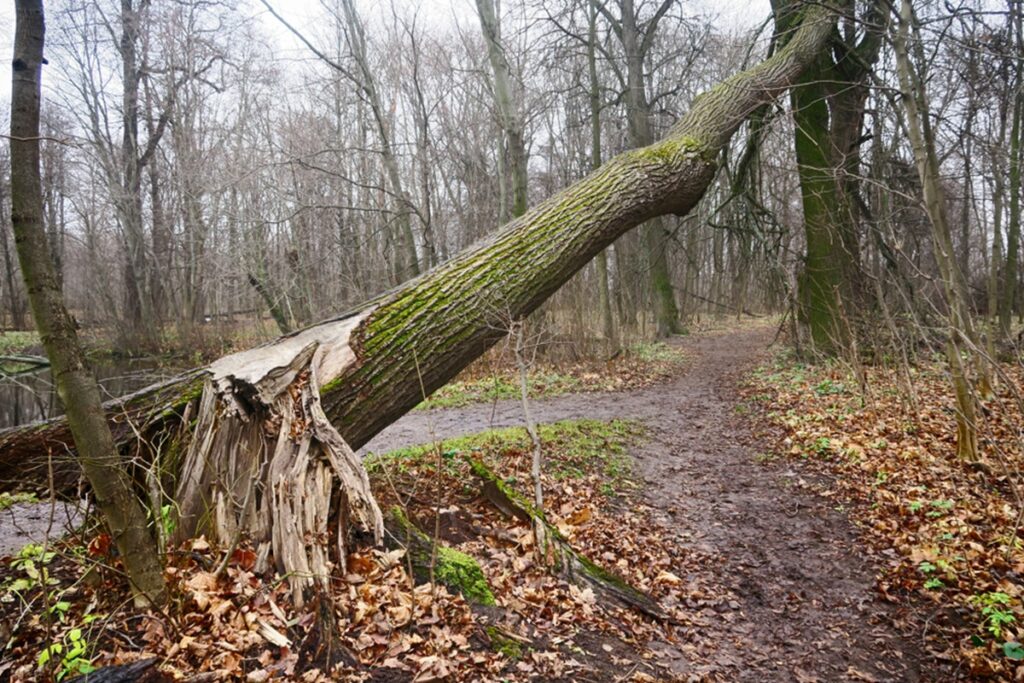A Tree Report is a key part of the Planning Process
Newcastle-upon-Tyne, one of the most iconic cities in the North East, is known for its proud industrial heritage, vibrant cultural scene, and rapidly evolving urban landscape. As regeneration projects continue to reshape the city centre and surrounding districts, and new developments take shape across the wider Tyneside area, green infrastructure remains a vital component of responsible urban planning. With a rich network of parks, tree-lined streets, and mature woodlands, tree surveys in Newcastle are an essential part of ensuring development is sustainable, safe, and sensitive to the natural environment.
Tree Preservation is a Priority
From the expansive greenery of Town Moor and Exhibition Park to the wooded trails along Jesmond Dene and the Ouseburn Valley, Newcastle is home to a significant number of trees that offer ecological and social benefits. These trees provide habitats for wildlife, improve air quality, and contribute to the character and beauty of neighbourhoods such as Gosforth, Jesmond, and Fenham. Newcastle City Council has made clear commitments to improving canopy cover and integrating biodiversity into future development through its Local Plan and climate strategy. As a result, tree surveys in Newcastle are now a key requirement for many planning applications.

Protection for Trees in Newcastle
Newcastle enforces strict regulations around tree protection. Trees that are subject to Tree Preservation Orders (TPOs) or situated within designated Conservation Areas cannot be pruned, felled, or disturbed without permission from the local planning authority. These legal safeguards are designed to preserve the city’s most valuable trees and prevent harmful interventions that could damage the local environment.
Tree Survey Requirement
For developers and tree owners, this means that any proposed works on land with trees must begin with a tree survey. Without a proper assessment, planning permission is unlikely to be granted for developments that could affect trees of significance. A tree report allows the local authority to evaluate the condition and value of trees on site and determine how they should be managed during construction. Newcastle City Council, the local planning authority, regularly requires up-to-date tree report data to accompany planning submissions, especially concerning protected trees in conservation areas or subject to a Tree Preservation Order.

British Standard BS5837 Tree Surveys
The most common type of tree survey requested by a local planning authority is the BS5837 survey, carried out in accordance with the British Standard for trees in relation to design, demolition and construction. These surveys must be undertaken by expert arboriculturalists and are essential for informing site layout and development design.
Tree Assessment
During a BS5837 tree survey each tree is assessed for species, size, tree health, structural integrity, and life expectancy. Trees are categorised to reflect their retention value; from high-quality specimens that should be preserved and may be subject to a Tree Preservation Order or stand in a conservation area, to lower-value trees that may be considered for removal. Arboricultural consultants map out root protection areas, which define zones where ground disturbance must be avoided. This data informs the design process and helps prevent future conflicts between trees and built structures. In some cases, additional investigative techniques, such as decay detection or aerial inspections may be used to assess risk or identify hidden defects: all findings will be included in the tree survey report.
Tree Protection Measures
Once a BS5837 survey is complete, an arboricultural consultant will provide detailed guidance on how trees should be protected throughout the construction process. This might involve erecting protective fencing around root zones, adjusting site access routes, or adopting no-dig construction techniques where required, for instance near trees subject to a Tree Preservation Order.
If trees must be removed, either due to safety concerns, poor condition, or unavoidable design constraints, then mitigation plans will be proposed, such as replanting schemes or habitat creation to offset the loss. Tree surgery recommendations may be made if branches or entire trees need removing. These details are compiled into an arboricultural report, which is submitted to the local authority alongside the application for planning permission.

Tree Reports: the Next Steps
The output of a BS5837 tree survey includes a range of documents that may be required by Newcastle’s planning department. These typically include a Tree Constraints Plan, which maps tree locations and root protection zones, and an Arboricultural Impact Assessment, which evaluates how the development may affect the trees. On more complex sites, an Arboricultural Method Statement and a Tree Protection Plan may also be required, especially where Tree Preservation Orders and conservation areas are involved. Together, these tree report documents demonstrate that tree preservation has been fully considered in the design process and that appropriate measures will be taken to avoid harm during development.

Further Reasons for Tree Surveys
While tree surveys are primarily used to support planning applications, they may also be needed to satisfy an insurance company or a lender via a mortgage tree report. Tree surveys also play a vital role in tree risk management. Schools, universities, hospitals, housing associations and private estates all have a duty of care to ensure trees on their land do not pose a safety hazard. Regular risk assessment inspections can identify issues such as decay, disease, or storm damage, and ensure early intervention before problems escalate. With an increasing focus on climate resilience and extreme weather response, tree surveys and risk assessment are now a standard part of responsible property and estate management throughout Newcastle and the wider County Durham and Tyne and Wear area.
Tree Services: Expert Advice
Whether you are submitting an application for planning permission, satisfying an insurance company, needing a mortgage tree report or advice on a tree protection order or conservation areas, our team of experienced arboriculturists is here to help. We provide a full range of tree services and ecological services across the North East, working with developers, councils and private clients to deliver compliant assessments. Our reports are tailored to meet local authority requirements, and our surveyors understand the specific challenges of working in Newcastle’s varied landscapes, from city centre plots with protected trees to suburban developments.
Request a Free Quote for Tree Surveys
If you need help with a tree report in Newcastle, don’t hesitate to get in touch. We offer no obligation, free quotes and can arrange a site visit at a time that suits you. Call the number at the top of this page or use our online contact form to request your quote today. Our arboricultural consultants can help you with expert advice, enabling you to move forward in the knowledge that your project respects Newcastle’s tree preservation strategy.